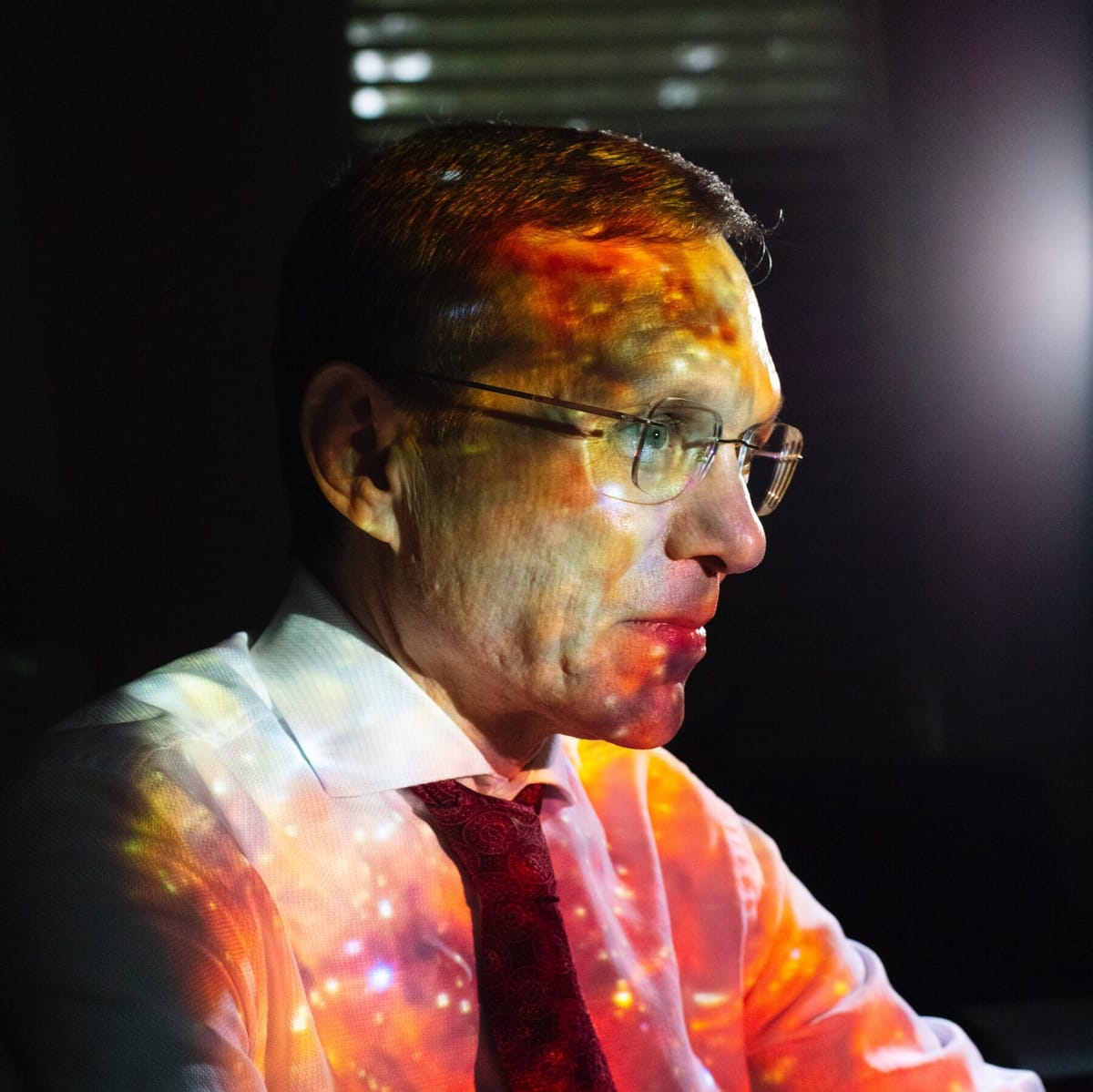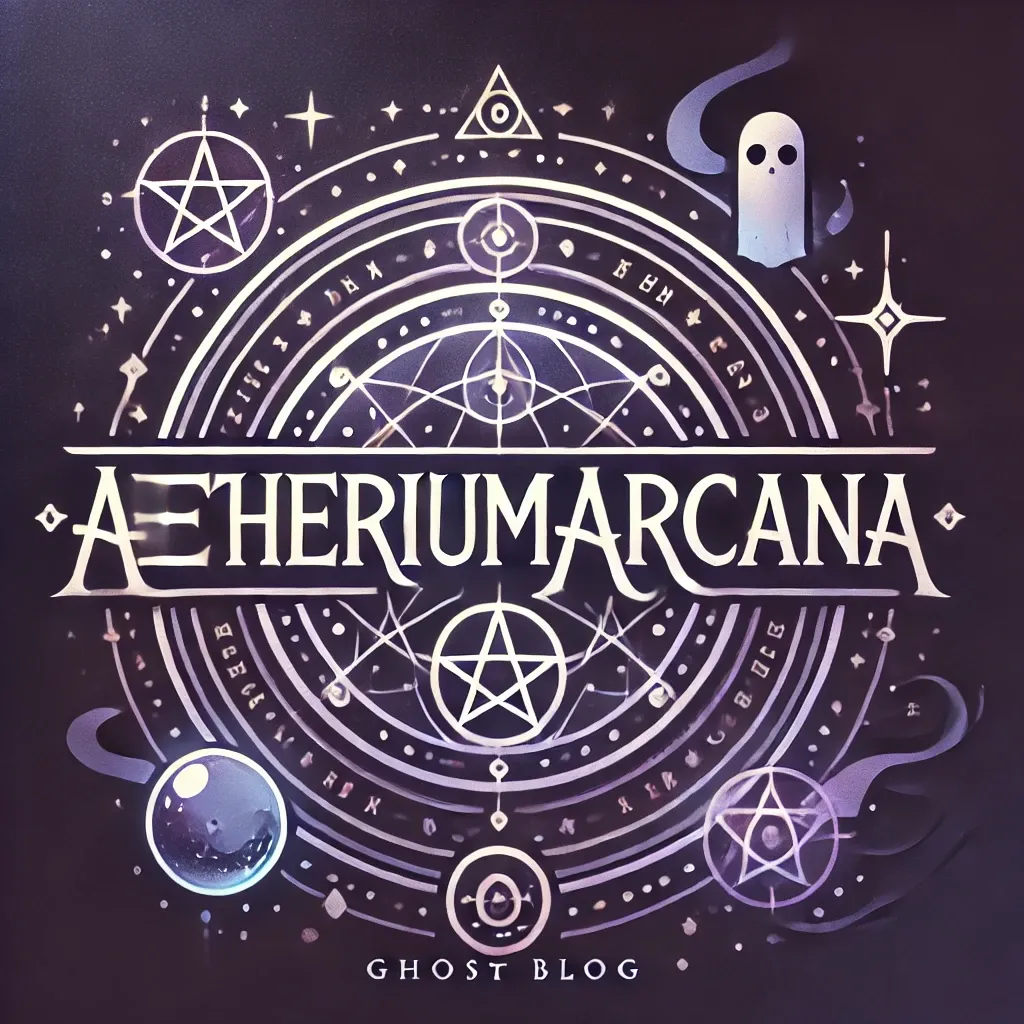Dr. Avi Loeb is a Harvard astrophysicist whose academic career has been marked by bold ideas, groundbreaking research, and controversial claims, particularly in the realm of extraterrestrial life. Dr. Loeb argues that the intersteller asteroid Oumouamoua could be evidence of an alien spacecraft.
Subscribe to continue →Of aliens and interstellar asteroids

